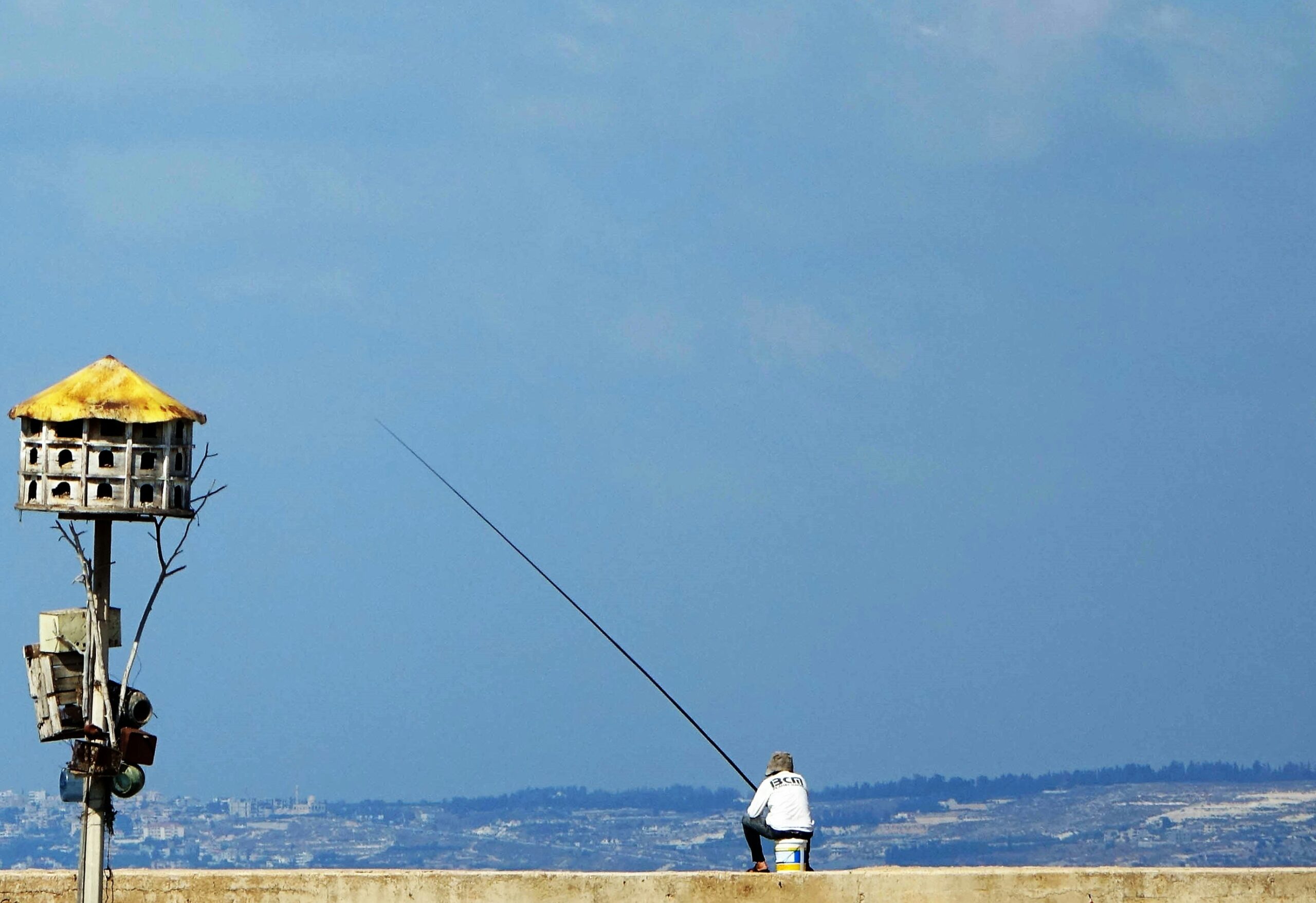
Saltwater fly fishing is often perceived as a tranquil pursuit, where anglers wait for the calm rhythm of the ocean to provide a break from the world’s hustle. But for many, it’s not just about relaxation—it’s a competitive endeavor that tests patience, skill, and perseverance. The challenge of outsmarting elusive saltwater species has made it a highly competitive sport, where precision, strategy, and an intimate understanding of the water and the fish come into play. Whether casting in the surf or battling a large tarpon, saltwater fly fishing demands a commitment that can push individuals to new heights of excellence.
In this unique sport, competition takes many forms. For some, it’s about the thrill of a successful catch, while for others, it’s about the rush of competing against fellow anglers in tournaments. The joy of fly fishing lies not only in the catch itself but in the process—the pursuit of mastering the perfect cast, understanding the tides, and predicting the fish’s movements. As in life, the journey often matters more than the outcome. Yet, the drive to improve and succeed against the odds keeps people returning for more, season after season.
The Mental and Physical Demands
Saltwater fly fishing is no easy feat. Unlike freshwater fishing, where the fish may be more abundant and easier to catch, the challenges of saltwater fishing are heightened. This form of fishing demands a combination of mental fortitude and physical endurance that few other sports can match. First, there’s the need for focus, as anglers must keep their eyes on the water, interpreting the movements of fish, watching for signs, and waiting for the right moment to strike. It’s a battle of wills, where the fish often outsmart the angler, requiring much persistence.
On the physical side, saltwater fly fishing can be demanding. The fight with a big fish, such as a marlin or tarpon, often lasts hours, testing an angler’s endurance. The constant motion of casting and reeling demands strength, while navigating the open water or a fishing boat calls for balance and coordination. Even when the fish aren’t biting, the harsh sun and unpredictable waves make saltwater fly fishing a test of resilience. This combination of mental and physical strain makes the sport uniquely exhilarating, with each trip offering a new challenge that pushes anglers to their limits.
The Role of Technology in Modern Saltwater Fly Fishing
With technological advancements, saltwater fly fishing has become a more precise and informed sport. Modern tools like GPS devices, fish finders, and advanced rods and reels allow anglers to target specific areas and species more efficiently. These tools have significantly impacted how competitive anglers approach the sport. Technology has not only improved the chances of success but has also allowed for more accurate tracking of fish populations and the health of marine environments.
However, while technology certainly adds a layer of sophistication, the heart of saltwater fly fishing remains unchanged. The essential skills of reading the water, understanding the fish, and executing a perfect cast can’t be replaced by gadgets. Technology complements the sport rather than taking over, enhancing the experience and pushing anglers to new levels of precision and competition. As anglers learn to balance their knowledge with modern tools, they navigate an increasingly sophisticated sport where competition continues to rise.
The Community of Saltwater Fly Fishers
Saltwater fly fishing is a sport that fosters a strong sense of community. Anglers share a bond from facing similar challenges and celebrating similar victories. Whether they’re participating in a local tournament or sharing stories over a beer after a long day on the water, there’s a camaraderie among those who pursue this sport. This sense of community extends to online forums, fishing clubs, and social media groups, where fly fishermen worldwide connect to share tips, discuss techniques, and support one another.
The competitive nature of the sport also creates an environment where anglers constantly push each other to improve. In tournaments, the stakes are high, and the competition is fierce. Yet, it’s not uncommon for competitors to offer advice to each other, share their best practices, and celebrate each other’s successes. This combination of competition and camaraderie makes saltwater fly fishing a uniquely rewarding pursuit in terms of the fish caught and the relationships built along the way.
Pushing Personal Limits
Saltwater fly fishing is often as much about self-discovery as it is about the pursuit of fish. The sport encourages individuals to push their limits, whether it’s staying out on the water for hours, learning a new technique, or facing the unpredictable challenges that the ocean presents. The competitive nature of the sport isn’t just about winning—it’s about constantly evolving and challenging yourself to improve. Each fishing trip offers an opportunity for growth, and each success, no matter how small, is a testament to the progress made.
Like life, saltwater fly fishing teaches its practitioners the value of persistence, patience, and continual improvement. There will always be bigger fish to catch, stronger winds to fight against, and more challenges to overcome. But in the end, the journey of personal growth and the satisfaction of mastering new skills make the sport so fulfilling. As anglers continue to test their limits, they understand that the true rewards lie not in the number of fish caught but in the depth of the experience itself.